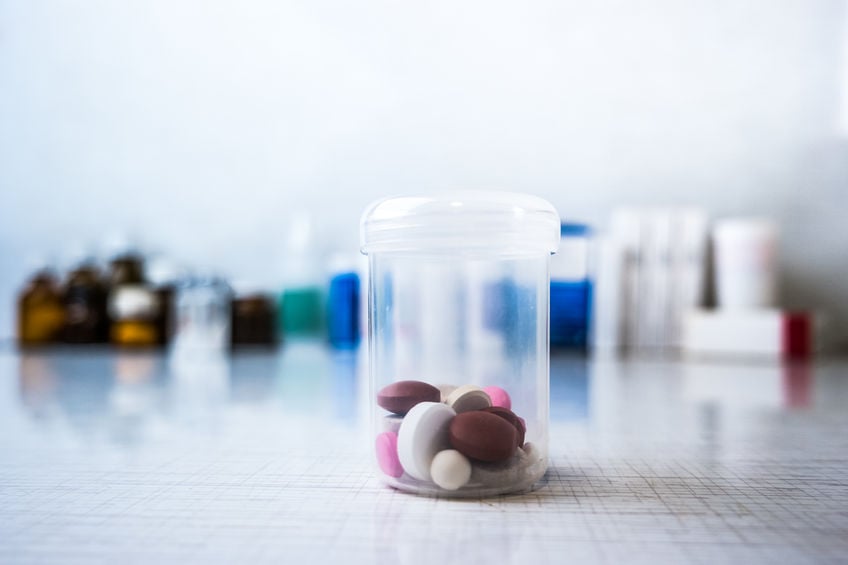Pediatric Compounding – Medication Tailored for Picky Children

Giving medications to children can be challenging. There are limited options when it comes to pediatric medications and most kids don’t learn how to swallow pills until they are four or five years old, so parents must rely on chewable pills or liquids, which are not always easy to find. Pediatric compounding, however, can help overcome these challenges by creating tailored medications that are easy for children to take.
Why is pediatric compounding useful?
Even if a medication comes in an easy to swallow chewable or liquid formulation, it may not taste good, which can hinder a child’s willingness to take it. Other times, a pill may be the only dosage form available through the general retail. While some pills may be crushed or chewed for easier delivery, not all medication can be altered in this way. Some pills are meant to be swallowed whole and may be dangerous if they are crushed or chewed, so this should never be done without talking to your doctor or pharmacist first.
Pediatric compounding allows pharmacists to create medications that can be administered through various routes. For example, instead of a typical pill, your pharmacist may be able to compound an easy to swallow liquid or topical cream or ointment depending on your child’s medical needs. Pediatric compounding offers several unique dosage forms that your child won’t
mind taking, including:
- Flavored liquids
- Topical creams, lotion, gels, and foams
- Lollipops
- Dissolvable troches
- Popsicles
- Suppositories
What are other uses for pediatric compounding?
Beyond the dosage form, pediatric compounding allows your pharmacist and pediatrician to work together in order to create a medication that is tailored to your child’s needs. With compounding, different ingredients are combined to create products that can help overcome several common barriers found with pediatric medications.
-
- Allergies or sensitivities: Some products can be compounded without inactive ingredients, such as sugar, gluten, soy, or dyes to accommodate children who have allergies or sensitivities to certain ingredients.
- Unpalatable medications: Coloring and flavoring can be added to many medications in order to make them look and taste more appealing to children, without altering their effectiveness.
- Pediatric dosing: Some traditional retail medications only come in adult dosing but compounding allows the strengths of active ingredients to be altered in order to provide the best dose for your child which may reduce unwanted side effects.
Contact ReNue Rx, your neighborhood Frisco pharmacy, for more information on pediatric compounding and how it can help you. Your ReNue Rx pharmacist is happy to consult with you regarding pediatric compounding and how it can benefit your family.
RECENT
ARTICLES



Our Patients Say
We pride ourselves on providing exceptional customer service to our community. Here are a few things that the community is saying about us.
Convenient and quality service. Ive never had my prescriptions filled quicker and the pharmacist took the time to tell me about what I was taking.
Excellent experience! Friendly, knowledgeable staff!
I have been a customer since they opened. Julie and Hiten have both treated me with the utmost respect and have always been ready to take care if my needs with a smile




